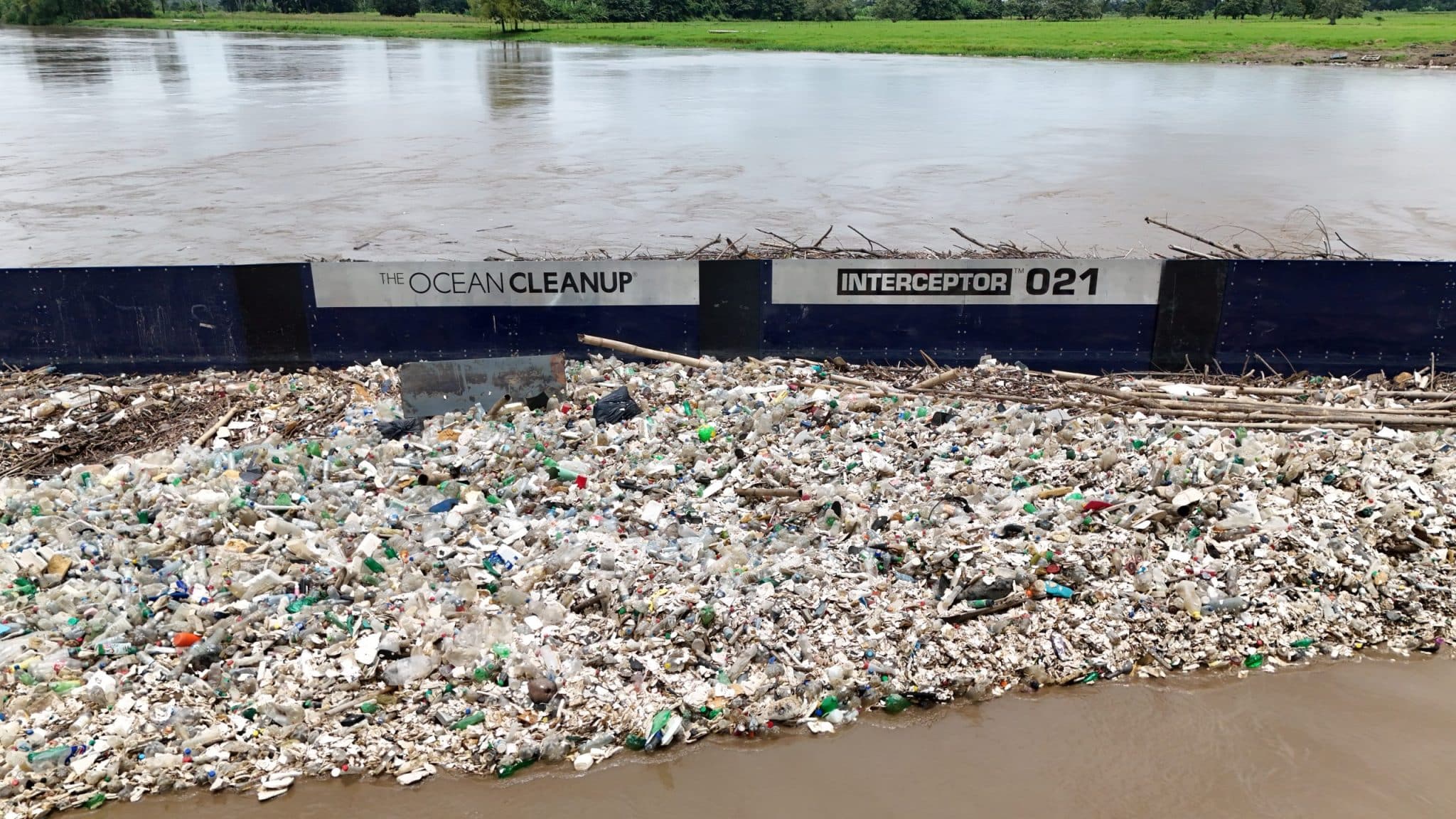In the Dominican Republic, an ambitious land reclamation project has transformed previously barren areas into thriving ecosystems, showcasing a successful model for environmental restoration. The Yaque River basin restoration initiative, part of the Plan for the Development of the Yaque del Norte River Basin (Plan Yaque), has revitalized landscapes that suffered from severe degradation.
Fifteen years ago, the project was introduced by local leaders who recognized the critical need to address environmental decline caused by centuries of unsustainable agricultural practices. By 2015, nearly half of the land in the region was degraded, as traditional methods, including slash-and-burn agriculture, took a toll on the environment. Plan Yaque was established in 2009, uniting 30 organizations to promote sustainable land management and reforestation efforts.
By 2019, the initiative had successfully restored 18 percent of the damaged land, marking it as one of the largest land recovery efforts in Latin America. This progress occurred alongside the Dominican Republic’s economic growth, which reached a GDP of $89 billion in 2019, illustrating that environmental protection can coexist with economic development.
Community involvement has been key to the project’s success, with around 280 local leaders receiving financial support for their reforestation efforts. These leaders work closely with property owners to select appropriate lands for restoration, fostering a sense of collective ownership and responsibility. The selection process prioritizes areas that can benefit most from reforestation, with a focus on enhancing water access for local farmers.
However, the growth of the tourism industry in the Dominican Republic has introduced challenges, including gentrification and the conversion of natural land into luxury developments. In response, project leaders are actively managing land use to maintain ecological integrity and prevent future degradation.
The success of Plan Yaque serves as a hopeful example for other countries grappling with environmental challenges. By demonstrating that ecological restoration can lead to economic benefits, the Dominican Republic is paving the way for sustainable practices that prioritize both the environment and local communities.



